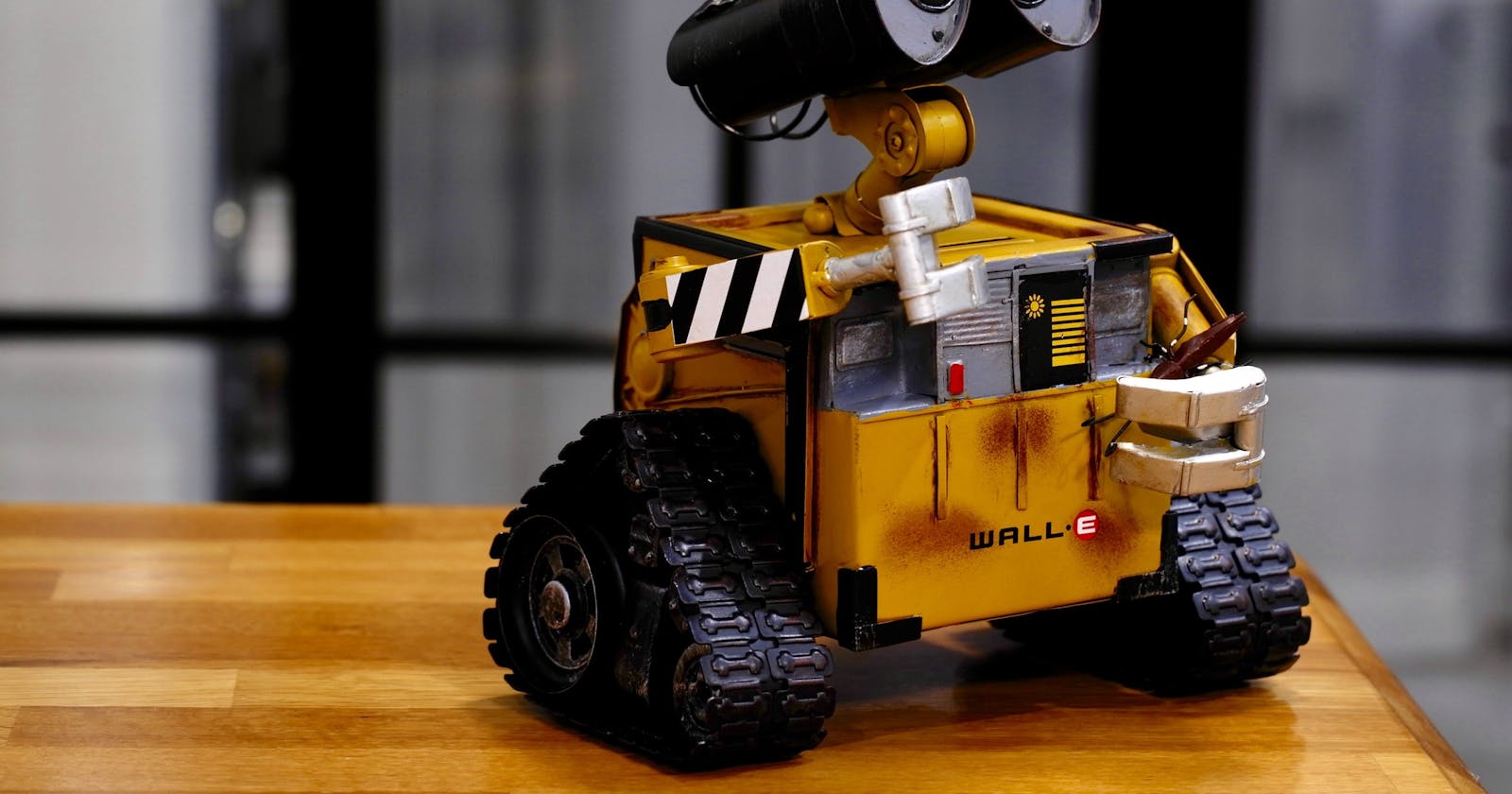Database of cool names for your next inventions and business ventures ?
What is sci-fi A.K.A. science fiction ?
Science fiction, often called “sci-fi,” is a genre of fiction literature whose content is imaginative, but based in science. It relies heavily on scientific facts, theories, and principles as support for its settings, characters, themes, and plot-lines, which is what makes it different from fantasy.
One cannot distinguish between reality and sci-fi in this dawn of A.I. technology.
So, while the storylines and elements of science fiction stories are imaginary, they are usually possible according to science — or at least plausible.
So what’s the big deal about sci-fi ?
Other than building a smart program to search entire search-engine and stack-overflow to debug it’s own errors you ask?
Current Biomedical and Engineering breakthroughs are all once were science fiction, Sci-Fi is no more confined to just the entertainment industry it has influenced and drove innovations to the extent that it almost seems unrealistic, here are some of my personal favourites:
1. Bionic limbs
Imagine getting your hand chopped off by your own father and falling to the bottom of a floating building to then have your long-lost sister come and pick you up. It’s unlikely in reality, but not in the Star Wars movies. After losing his hand, Luke Skywalker receives a bionic version that has all the functions of a normal hand. This scenario is now more feasible than the previous one (Star Wars: Episode V — The Empire Strikes Back).
Researchers from the Georgia Institute of Technology in Atlanta, Georgia, have been developing a way for amputees to control each of their prosthetic fingers using an ultrasonic sensor. In the movie, Skywalker’s prosthesis uses electromyogram sensors attached to his muscles. The sensors can be switched into different modes and are controlled by the flexing or contracting of his muscles. The prosthesis created by the Georgia Tech researchers, however, uses machine learning and ultrasound signals to detect fine finger-by-finger movement.
2. Artificial Intelligence
The “Blade Runner” story heavily revolves around the idea of synthetic humans, which require artificial intelligence (AI). Some people might be worried about the potential fallout of giving computers intelligence, which has had disastrous consequences in many science-fiction works.
But AI has some very useful applications in reality. For instance, astronomers have trained machines to find exoplanets using computer-based learning techniques. While sifting through copious amounts of data collected by missions such as NASA’s Kepler and TESS missions, AI can identify the telltale signs of an exoplanet lurking in the data.
3. Driverless cars
In the 1990 film, set in 2084, Total Recall’s main protagonist Douglas Quaid (played by Arnold Schwarzenegger) finds himself in the middle of a sci-fi showdown on Mars. In one scene Quaid is on the run from the bad guys and jumps into a driverless car. In the front is “Johnny Cab,” which is the car’s on-board computer system. All Johnny needs is an address to take the car to its intended destination.
Although the driverless car wasn’t seen in action before the protagonist yells profanities and takes over the driving, the idea of having a car that takes you to your destination using its onboard satellite navigation has become increasingly popular. The company at the forefront of driverless cars isWaymo, as they want to eradicate the human error and inattention that results in dangerous and fatal accidents.
In 2017, NASA stated its intentions to help in the production of driverless cars, as they would improve the technologies of robotic vehicles on extraterrestrial surfaces such as the Moon or Mars.
Reasons why it’s important for everyone to watch Sci-Fi

For the same reasons that basically all literature is important to society: it lays the foundation for growth. Good books will stimulate capable minds, which in turn will lead progress, be it scientific, technological, social, political or economical.
Science fiction shows us all (simulated) models of our possible futures, and thus, allows us — as humanimals, in society — to try and influence the direction that we all go, in the future. By acting now!
sci-fi can also deal with contemporary social anxieties, and show some possible solutions (and — the dangers of avoiding the solutions).
The formula (or algorithm) for any story, is Story = Character(s) + Problem(s) + Attempted Solution (or Extrication).
So, by seeing potential solutions to problems, (as readers) we, as a society, can debate it all intelligently, and can figure out, if we should implement them. In some cases — it (sci fi/spec fi) actually not just tries to “predict”or`prophesy’ the future, it even gives real-life, real-world scientists ideas and inspiration for technological solutions to problems.
Some characters in sci fi are: amazing! What’s not to like about amazing characters?
Sci-fi when, it’s utopian can give you hope for the future! ie “Cheer up, Charlie!” (i.e. It’s mostly a depressing world, if you’re paying attention. See the 2nd Law of Thermodynamics, ie “So It Goes… (to become a glorious mess!)”.
Sci-fi gives us all a nice little break (or, brief mental & emotional holiday?) from the labyrinth of mess that is: being Alive, today. ie It’s fun to escape into the future. See the future is always better than the past, so you’d be better off in the future, than now, in the present. So if you can’t actually time-travel and get there, you can at least watch or read about it. Fun escapism into the future!
It can get you into (excited about) Science, which is awesome; Literature and the Arts are too, but so what? Science is still awesome.
Thank you for your time & patience.
